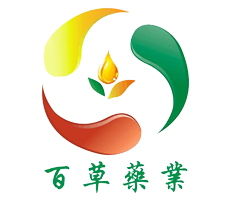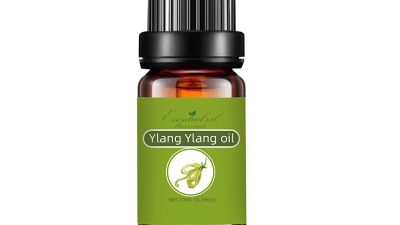Unveiling the Transformative Influences of Tea Tree Oil on Hair Health and Growth
Table of Contents
- The Science Behind Tea Tree Oil: A Comprehensive Overview of Its Benefits for Hair Health
- How Tea Tree Oil Promotes Hair Growth: Insights from Dermatological Studies
- The Role of Antimicrobial Properties in Preventing Scalp Conditions with Tea Tree Oil
- Comparative Analysis: Tea Tree Oil vs. Conventional Hair Care Solutions
- User Testimonials: Real-Life Transformations with Tea Tree Oil for Hair Care
- Best Practices: How to Effectively Incorporate Tea Tree Oil into Your Hair Care Routine
- Unlocking the Essence of Ylang-Ylang: A Complete Guide to Steam Distillation and Its Benefits for Skin, Hair, and Wellness
- FAQS
- Conclusion
- Related Posts
When we start talking about how tea tree oil can really boost your hair health and encourage growth, it’s hard not to get excited about the amazing perks this natural ingredient brings to the table. So, here’s the scoop: Jiangxi Baicao Pharmaceutical Co., Ltd., a pretty well-known name in the world of natural oils and herbal extracts, is the one behind this magic oil. They’re experts when it comes to producing high-quality essential oils from local herbs, and tea tree oil is one of their standout products.
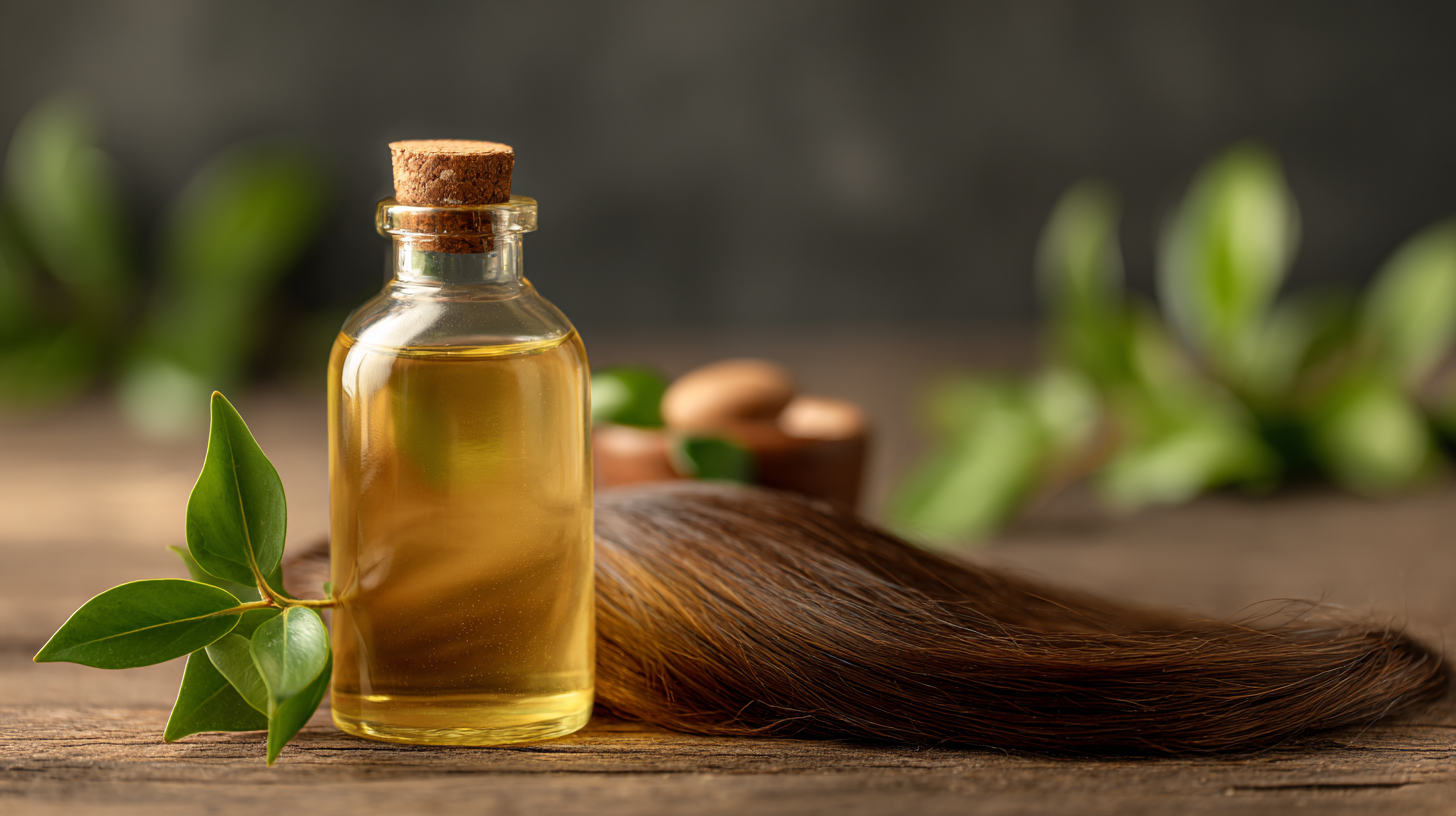
In this post, I want to share how this incredible oil can help you fight dandruff, keep your scalp happy and healthy, and even give your hair a good growth kick. Trust me, adding a little tea tree oil to your hair care routine can really make a difference—it’s like a natural tonic that can help invigorate and nourish your hair. So, stick around as we go over some useful tips and advice on how to get the most out of tea tree oil and keep your hair looking and feeling fantastic.
The Science Behind Tea Tree Oil: A Comprehensive Overview of Its Benefits for Hair Health
Tea tree oil has really been catching people's attention in the hair care world, mainly because of its strong antimicrobial and anti-inflammatory qualities. I came across a study published in the "Journal of Dermatology" that showed how tea tree oil can cut down the amount of Malassezia—a type of yeast that’s often behind dandruff and seborrheic dermatitis—by up to 66% in just four weeks of regular use. That’s pretty impressive! Not only does this help soothe scalp issues, but it also creates a healthier environment for your hair to grow strong and nice.
On top of that, tea tree oil’s unique mix of compounds, especially terpenes like terpinene-4-ol, has been shown to wake up your hair follicles and boost blood flow in the scalp. There’s even research in the "International Journal of Cosmetic Science" that suggests using tea tree oil regularly can help other nourishing ingredients work better—that synergy thing we always hear about. It really supports healthy hair regeneration, which makes it a must-have in any good hair care routine. Plus, the market for tea tree oil is booming—growing at roughly 8% a year worldwide through 2025—showing just how much more people are realizing how beneficial it can be for both beauty and wellness.
Unveiling the Transformative Influences of Tea Tree Oil on Hair Health and Growth
This chart illustrates the benefits of tea tree oil on various aspects of hair health, including dandruff reduction, hair growth stimulation, and scalp health improvement.
How Tea Tree Oil Promotes Hair Growth: Insights from Dermatological Studies
You know, tea tree oil has really caught the eye in skin and hair studies these days, mainly because of how well it seems to work for hair health and growth. It’s got these natural antimicrobial and anti-inflammatory perks that can really calm down your scalp—soothing irritation and fighting off dandruff, which often gets in the way of growing healthy hair. When your scalp’s happy and balanced, it’s much easier for stronger, thicker hair to do its thing.
If you're thinking about adding tea tree oil into your hair routine, I’d suggest diluting it first—maybe with a carrier oil like coconut or jojoba oil. That way, it absorbs better and (bonus) you’re less likely to experience any irritation. Also, it’s a good idea to do a quick patch test just to be safe. Giving your scalp a gentle massage with your tea tree oil mix a few times a week can really get the blood flowing and boost hair growth.
For anyone into natural remedies, using products that contain tea tree oil can be a total game changer. Companies like Jiangxi Baicao Pharmaceutical Co., Ltd. have some pretty great herbal extracts, including tea tree oil, that you can add into your daily hair care routine. Choosing natural options not only helps keep your hair healthy but also lets you enjoy the benefits of plant-based ingredients that are gentle and effective.
The Role of Antimicrobial Properties in Preventing Scalp Conditions with Tea Tree Oil
You know, tea tree oil, which comes from the leaves of the Melaleuca alternifolia plant, is pretty well-known for its powerful antimicrobial benefits. When it comes to taking care of your hair, those properties can really make a difference, especially in keeping scalp issues like dandruff, seborrheic dermatitis, or bacterial infections at bay. These problems can make your scalp unhealthy, leading to more hair fall and dull, weak hair. By adding tea tree oil into your hair routine—whether it’s in your shampoo, conditioner, or diluted—you’re giving your scalp a nice boost, helping it stay balanced and healthy.
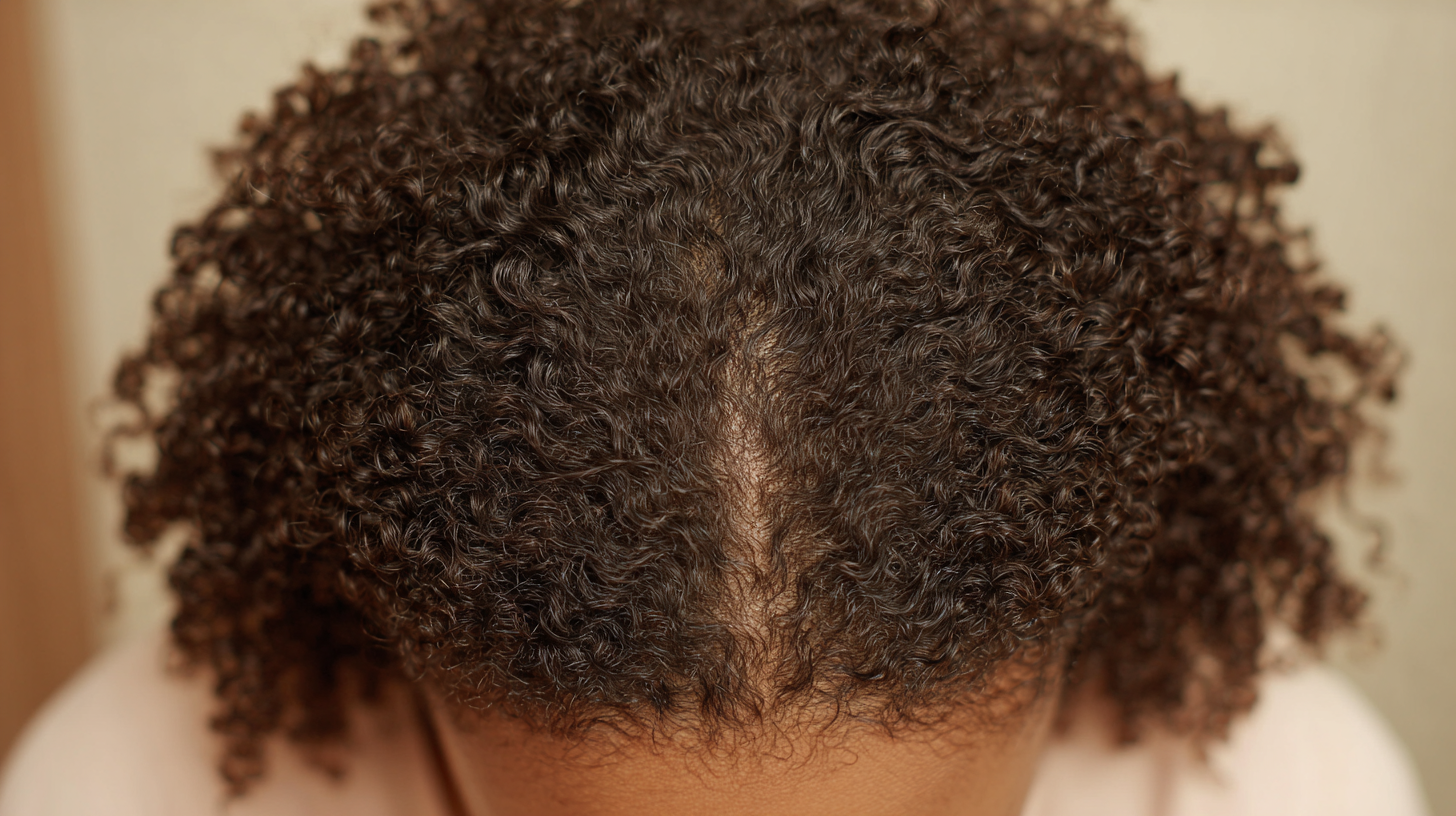
The antimicrobial magic of tea tree oil works by zapping away the harmful bacteria and fungi that love to hang out on your scalp. This not only calms irritated spots but also creates a better environment for your hair follicles to thrive. If you use it regularly, it can also help reduce inflammation and even boost blood flow to your scalp, which is great news for your hair’s vitality. Honestly, whether you use it in shampoo, as a diluted oil, or however you prefer, tea tree oil can really shake up your hair care game. It's a natural way to keep your scalp fresh and healthy, and you’ll notice the difference over time.
Comparative Analysis: Tea Tree Oil vs. Conventional Hair Care Solutions
When it comes to hair care, a lot of folks find themselves torn between sticking with traditional products or trying out more natural options. Lately, tea tree oil has been gaining a lot of buzz—people love it for its antiseptic and anti-inflammatory powers, especially when it comes to keeping hair healthy. Unlike the usual store-bought shampoos packed with synthetic chemicals and harsh stuff, tea tree oil offers a gentler, more natural fix. It can help clear clogged hair follicles, cut down on dandruff, and soothe an irritated scalp, making it a pretty popular pick for anyone dealing with scalp issues.
Most conventional hair care products are loaded with sulfates and parabens, which can strip your hair of its natural oils, leaving it feeling dry and damaged. On the flip side, tea tree oil actually nurtures your hair—keeping it moisturized and helping to keep the scalp’s pH in check. Plus, it boosts hair growth by encouraging better blood flow to those follicles—something that’s often overlooked in regular routines. All in all, this just shows how effective tea tree oil can be for healthier hair, and maybe even change the way we think about taking care of our scalps—more natural, more holistic, and a lot more gentle on your hair.
User Testimonials: Real-Life Transformations with Tea Tree Oil for Hair Care
Lately, tea tree oil has really gained popularity as a natural hero in hair care. People have been sharing some pretty inspiring stories about how it’s transformed their scalp issues. For instance, lots of folks dealing with dandruff say that adding tea tree oil into their routine has made a big difference — their itchy, flaky scalp started to feel better pretty quickly. One person even mentioned that after a few weeks of regular use, her scalp finally felt revitalized, and her hair became healthier and easier to manage. That’s because the antibacterial and antifungal powers of this oil are pretty impressive when it comes to soothing scalp irritation. It’s honestly become a go-to for anyone looking for relief.
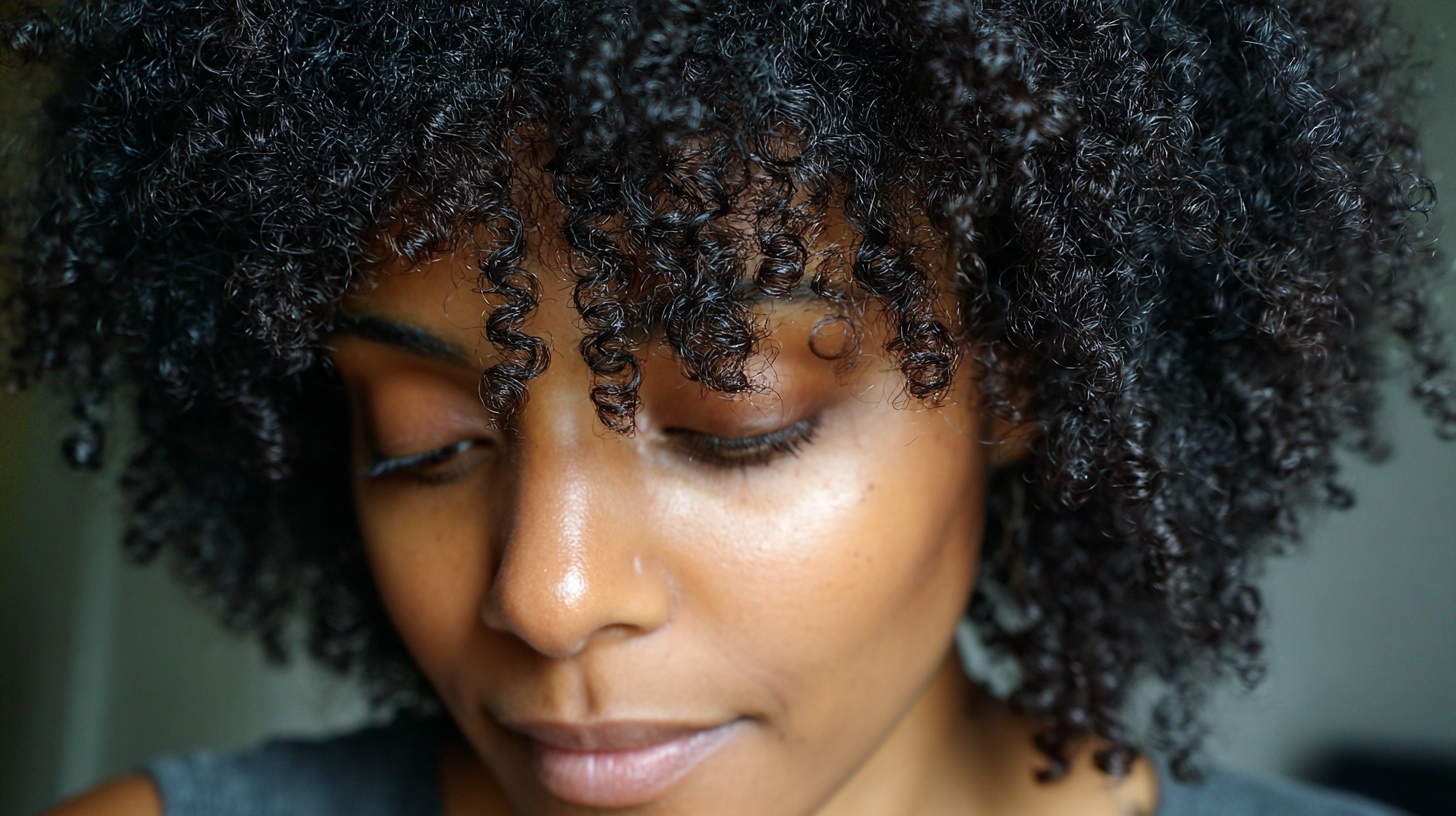
If you’re thinking about giving it a shot, here’s a couple of tips: first off, always dilute tea tree oil with a carrier oil like coconut or jojoba before applying it — you definitely want to avoid any possible irritation. You can also add a few drops directly to your shampoo or conditioner for a quick, easy boost. And if you’re into scalp massages? Doing a weekly massage with tea tree oil can really help boost blood flow and encourage healthy hair growth. Stick with it, and many people swear they see their hair getting thicker, shinier, and feeling healthier overall — it’s pretty tempting, right?
Best Practices: How to Effectively Incorporate Tea Tree Oil into Your Hair Care Routine
If you're into boosting your hair’s health and growth, you’ve probably heard that tea tree oil is a pretty powerful natural option. But, to really get the most out of it, you gotta know how to use it right. First off, do a quick patch test—trust me, you don’t want surprises on your scalp! Once you’re sure it’s all good, mix a few drops of tea tree oil with a carrier oil like coconut or jojoba oil. That way, it’s not too strong and you avoid any irritation.
Next, gently massage this blend into your scalp, especially in spots that tend to get dry or flaky. Not only does this help with dandruff and flakiness, but it also gets your blood flowing, which is great for encouraging healthier hair growth. Leave it on for at least half an hour before washing it out with a gentle shampoo. Oh, and if you’re someone who likes to keep things simple, you can even add a couple of drops of tea tree oil directly into your usual shampoo or conditioner. That way, you're taking care of your scalp and letting your hair benefit from its conditioning properties, all while keeping it easy to incorporate into your routine.
Unveiling the Transformative Influences of Tea Tree Oil on Hair Health and Growth - Best Practices
| Aspect | Description | Best Practices |
|---|---|---|
| Benefits for Scalp | Tea tree oil has antifungal and antibacterial properties, promoting a healthier scalp. | Dilute with a carrier oil and massage onto the scalp twice a week. |
| Hair Growth Stimulation | Encourages hair follicle activity, reducing hair loss. | Mix with shampoo or conditioner for regular use. |
| Moisturizing Effect | Helps in retaining moisture in hair, preventing dryness. | Add a few drops to your leave-in conditioner or styling products. |
| Inspect for Allergies | Some individuals may be sensitive to tea tree oil. | Conduct a patch test prior to full application. |
| Frequency of Use | Too much can irritate the scalp. | Use 2-3 times a week for optimal results. |
Unlocking the Essence of Ylang-Ylang: A Complete Guide to Steam Distillation and Its Benefits for Skin, Hair, and Wellness
Ylang-ylang oil, derived from the vibrant flowers of the Cananga odorata tree, is renowned for its remarkable benefits in steam distillation. This aromatic oil, which ranges in color from pale yellow to amber, is not only a staple in aromatherapy but also a powerful ally in skin and hair care routines. According to a report by the International Journal of Cosmetic Science, ylang-ylang oil is highly effective in promoting skin hydration and elasticity, making it a popular choice for a variety of cosmetic formulations.
Incorporating ylang-ylang oil into skincare regimens can enhance the overall health of the skin. Its antiseptic properties help maintain a clearer complexion, while its ability to balance oil production makes it suitable for both dry and oily skin types. Additionally, its calming fragrance aids in reducing stress, promoting a sense of well-being during SPA massages. A study published in the Journal of Alternative and Complementary Medicine highlights that aromatherapy practices using ylang-ylang can significantly lower levels of cortisol, the stress hormone.
Furthermore, ylang-ylang oil offers notable benefits for hair care. Its nourishing properties help restore shine and strength to dull, lifeless hair. Regular use can assist in minimizing breakage and frizz, as well as stimulate hair growth by improving blood circulation to the scalp. The versatility of ylang-ylang oil makes it an essential ingredient in professional hair treatments, reinforcing its status as a must-have product in wellness and beauty industries.
FAQS
: Tea tree oil is a natural oil derived from the leaves of the Melaleuca alternifolia plant, renowned for its potent antimicrobial properties.
Tea tree oil helps prevent various scalp conditions like dandruff and seborrheic dermatitis, promoting a healthier scalp environment that fosters hair growth and vibrancy.
Tea tree oil can effectively combat scalp conditions such as dandruff, seborrheic dermatitis, and bacterial infections.
The antimicrobial effects of tea tree oil eliminate harmful bacteria and fungi, soothe irritation, reduce inflammation, and enhance blood circulation to the scalp.
Yes, tea tree oil can be incorporated into shampoos, conditioners, or applied as a diluted oil as part of your hair care routine.
Unlike conventional products that contain synthetic ingredients and harsh chemicals, tea tree oil provides a gentler, natural solution that helps maintain moisture and pH balance in the scalp.
Tea tree oil not only unclogs hair follicles and reduces dandruff but also nourishes the hair without stripping its natural oils, making it a preferable choice for those with scalp issues.
Yes, tea tree oil stimulates blood circulation to the scalp, which is beneficial for promoting optimal hair growth.
Tea tree oil possesses antiseptic and anti-inflammatory properties that soothe the scalp and enhance overall hair health.
Yes, consistent use of tea tree oil can lead to a cleaner, healthier scalp and reduce the incidence of scalp-related issues, ultimately improving hair vitality.
Conclusion
Hey there! In our blog, 'Unveiling the Amazing Ways Tea Tree Oil Can Boost Your Hair Health and Growth,' we dive into just how powerful this natural remedy really is. We look at it from a bunch of angles — sharing the science behind its benefits and how those antimicrobial properties help tackle scalp issues, creating a healthier environment for your hair to thrive. Dermatology research even points out how it might actually encourage new hair growth. Plus, we’ve included real-life stories from people who've used tea tree oil and seen some pretty impressive changes.
We also take a quick peek at how tea tree oil stacks up against more traditional hair care products, showing off some of its clear advantages. And don’t worry—we’ve got some easy tips on how to add it into your usual routine so you get the most out of it. Oh, and just a quick note — our tea tree oil is made by Jiangxi Baicao Pharmaceutical Co., Ltd., and it’s sourced from local herbs. That’s our way of making sure you’re getting a top-quality, effective product for your hair care needs.
Related Posts
-

How to Incorporate Tea Tree Oil into Your Hair Care Routine for Maximum Benefits
-

Navigating Tariff Challenges: How Tea Tree Oil from China Drives Global Hair Care Innovation
-

7 Amazing Ways Tea Tree Oil Transforms Your Scalp Health
-

Finding Premium Suppliers for Best Coconut Oil and Peppermint Oil Products
-

Future Innovations in Sleep Wellness and Advantages of Cedarwood Essential Oil
-

Exploring Distinct Varieties of Best Cypress Oil In Tamil for Global Buyers

